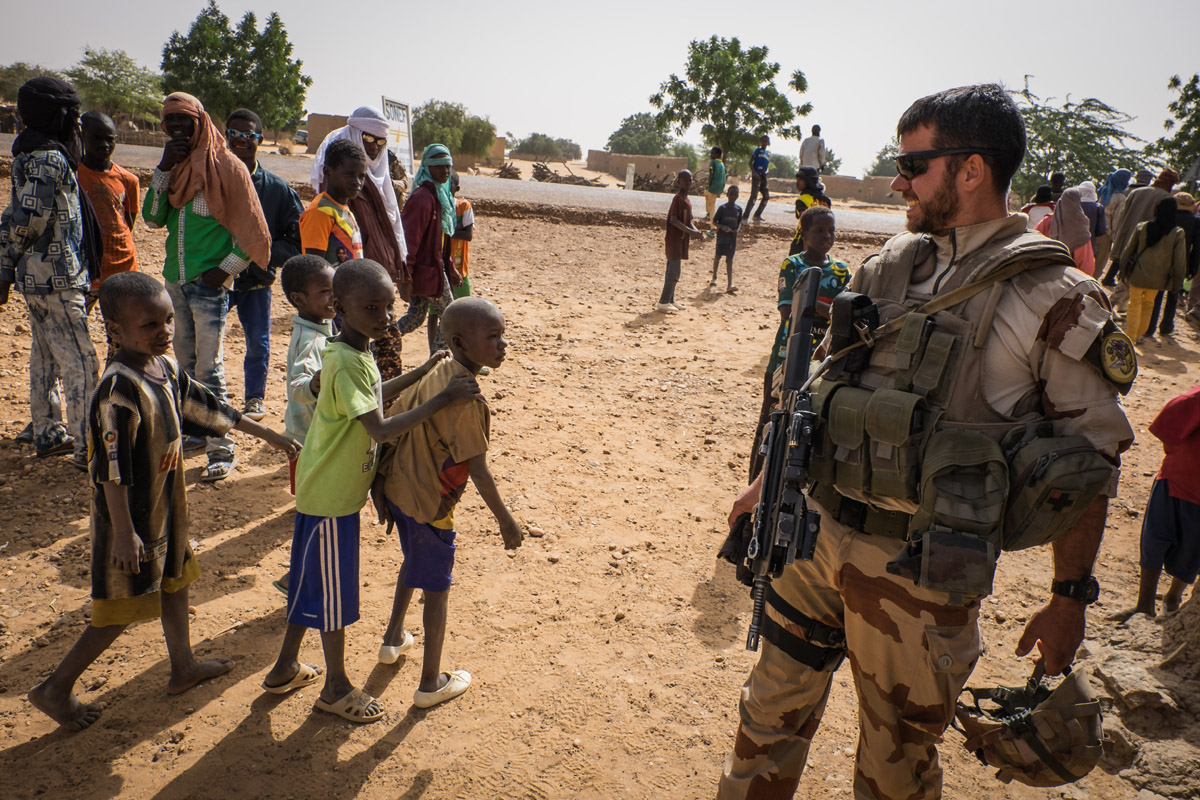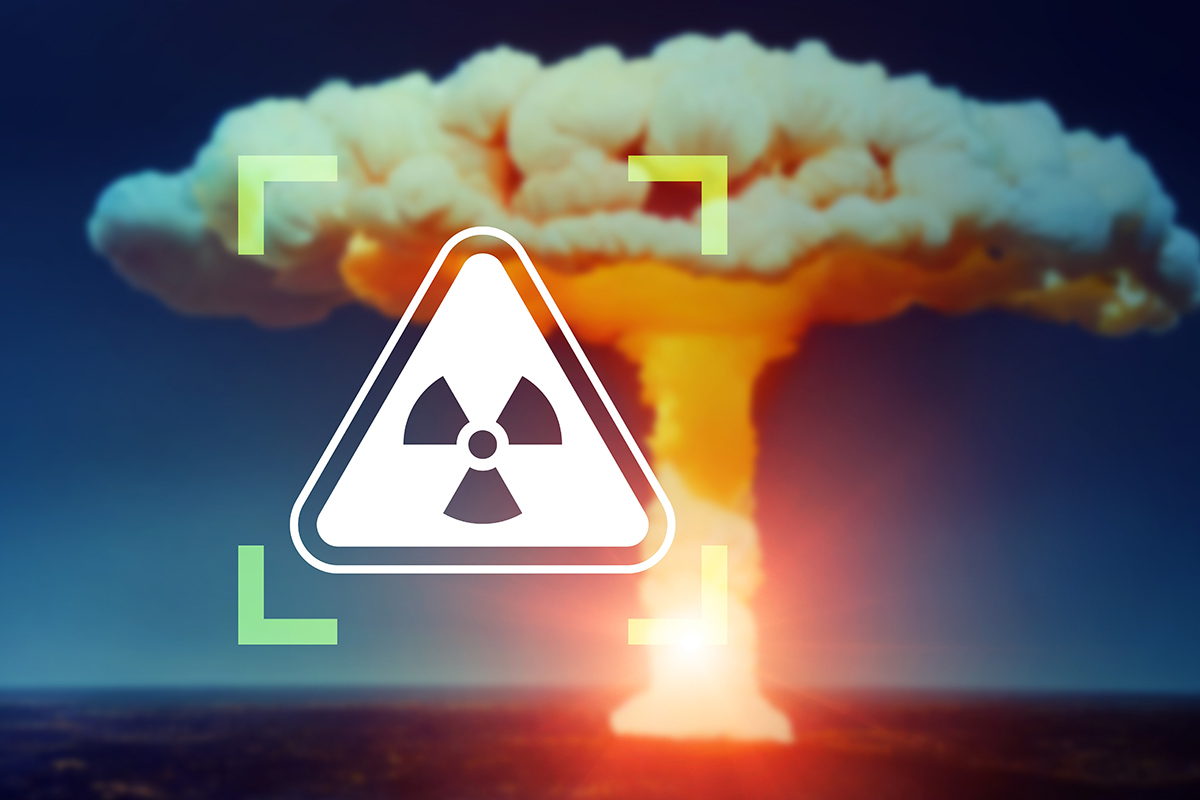The Sahel – the region most impacted by terrorism in the world
June 16by Victor Okechukwu Chimezie
The Sahel is a region in Africa made up of about 13 countries. It is located between the Sahara to the north and the Sudanian savanna to the south.
It is recognized by the United Nations as a region of huge opportunity with about 64.5 per cent of the population being below 25 years. But it is seriously bedeviled by climate problems, insecurity and overpopulation which are the three major problems facing the region.
The problem of insecurity has further worsened in recent times and unfortunately, the Global Terrorism Index 2023 report of the Institute for Economics and Peace has shown the region to be the epicenter of terrorism and also the region most impacted by terrorism across the world. This is a serious challenge that needs to be tackled immediately by concerted efforts from everyone.
The region accounts for more deaths due to terrorism than the Middle East and North Africa region and South Asia combined
Terrorism can be defined as the intimidation or coercion of populations or governments through the threat or perpetration of violence, causing death, serious injury or the taking of hostages.This affects the lives and properties of people of any nation negatively and also inhibits sustainable development of any society, which makes it a terrible menace. The insecurity challenge has seriously deteriorated across the Sahel with over 4.1 million persons displaced in year 2022 alone.
The region also accounts for more deaths due to terrorism than the MENA (Middle East and North Africa) region and South Asia combined as stated in the Global Terrorism Index 2023 report, there having been a 2000 per cent increase in deaths in 15 years.
Burkina Faso, Mali and Nigeria have been the most hit amongst countries in the region with attacks from terror groups due to current political instability and from successive weak governments characterized by corruption, impunity, and disorganization. Their elites have failed to provide security for vast sections of the population. Corruption has also led to unpaid troops deserting as seen in Nigeria.
The Sahel is also one of the world’s poorest regions, a situation brought about by climate problems alongside a huge unemployment rate, which makes life difficult and recruitment easy for terrorist groups .
With about 65 per cent of the population of the Sahel region being youths, it’s an amazing opportunity to utilize its youthful energy to start working more intentionally towards peacebuilding. This can be done by engaging grassroots youths and those in remote areas on basic peacebuilding and conflict prevention and resolution skills. This can be done by international funders in direct partnership with civil society organisations (CSOs) whose members are the youths of the region.
The governments across the region have also fallen short with their weak structures and institutions that have left gaps open for Islamists and terrorist groups like Al Shabaab, Boko Haram and others to find a good foothold in the region. Therefore, the governments must begin to strengthen institutions and provide good dividends of democracy and governance down to the grassroots and in every nook and cranny if we are to take back the region from the claws of terrorism.
Religious and ethnic groups leaders must continuously preach, live and breathe tolerance to their members so that there’s no room for intolerance and extremism which do lead to terrorism when they become violent and deadly. It must be nipped in the bud at its earliest stage of detection.
Lastly, achieving peace must be everyone’s responsibility. If we are to achieve sustainable peace and development in the Sahel region, all hands must be on deck in every way possible.






